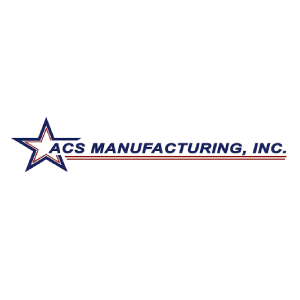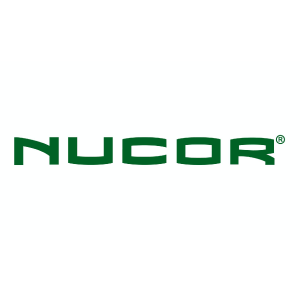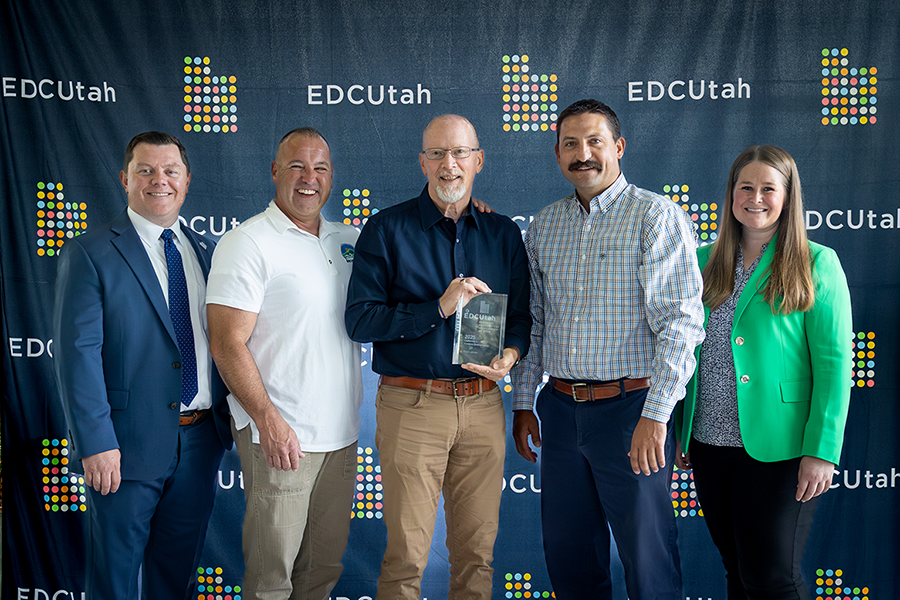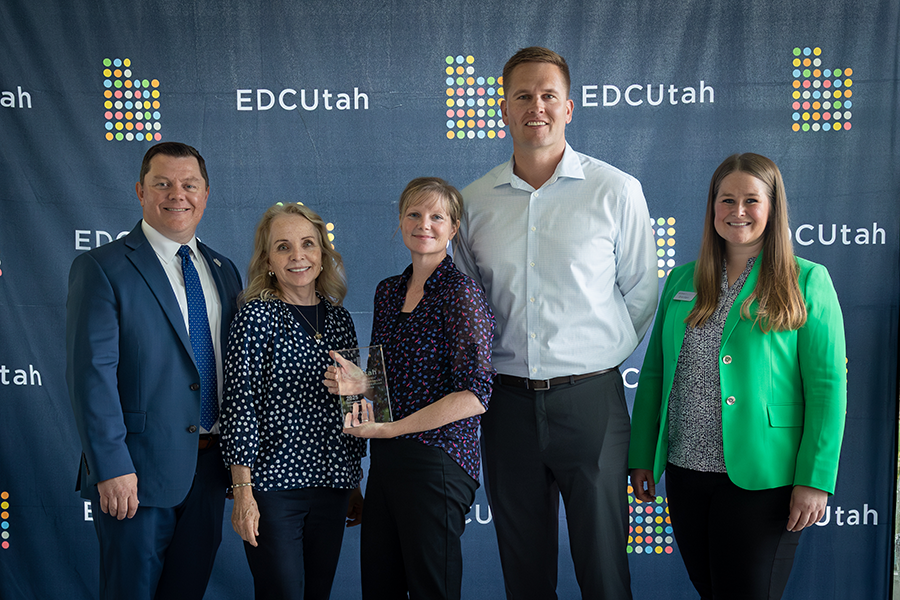2024/2025 Annual Report
Since 1987, EDCUtah has served as Utah’s premier nonprofit public-private partnership for catalyzing economic prosperity across Utah.
This long-standing statewide effort to attract competitive, high-value companies and spur the expansion of successful Utah businesses, has helped Utah become — and remain — one of the most desirable business destinations in the U.S.
Key Performance Indicators
EDCUtah recruits job opportunities and corporate investments that raise quality of life for Utahns. We ask each company we work with to provide an estimated project timeline, number of jobs, capital expenditure, and real estate needs. The numbers below represent the total multiyear project commitments announced during EDCUtah’s fiscal year.
Meet the team behind this year's success >>
New Projects
A total of 86 new corporate expansion and relocation projects entered EDCUtah’s pipeline in FY 2025. EDCUtah defines a new project as a company interested in Utah and able to provide three of the following: number of jobs, capital investment, square footage, project timeline, and budget approval.
Project Wins
This year, 20 companies announced a final decision to relocate or expand in Utah.
New or Retained Jobs
The 20 companies that chose Utah also committed to create 3,360 new jobs and retain 120 existing jobs over the life of their projects. This is perhaps EDCUtah’s most important KPI because of what it represents: job security and new employment for Utah residents.
Capital Investment
Capital investment (capex) quantifies the total amount of money companies anticipate spending on Utah real estate and equipment over the life of their projects.
Square Footage Absorption
This metric tracks the projected real estate footprint of EDCUtah's project wins—how much physical space these newly-relocated or newly-expanded companies will ultimately absorb.

























